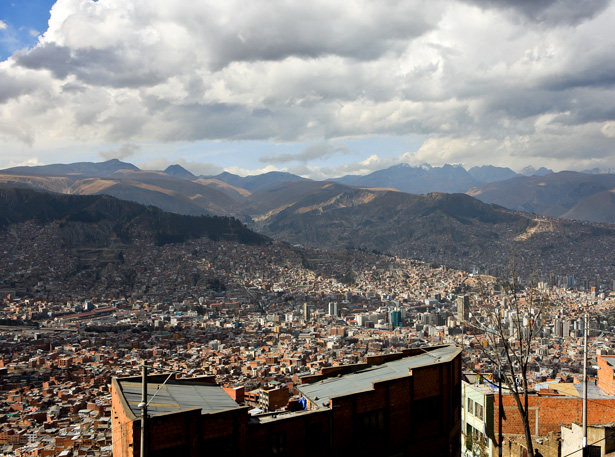-
A. Tianna Scozzaro, Population Action International
Population Dynamics Are Crucial to Sustainable Development – So Why Isn’t Anyone Talking About Them?
January 29, 2014 By Wilson Center Staff
The original version of this article, by A. Tianna Scozzaro, appeared on Population Action International’s All Access blog.
For the past 11 months, a group of United Nations member states has been holding meetings seeking input on future goals for sustainable development once the Millennium Development Goals (MDGs) expire in 2015. Led by co-chair ambassadors from Hungary and Kenya, this Open Working Group of 69 countries has delved into topics ranging from governance to health and everything in between.
Last week was the working group’s seventh session, which dedicated five full days to discussing sustainable cities; human settlements and sustainable transport; sustainable production and consumption (including chemicals); climate change; and disaster risk reduction. Leaders in business, industry, science, and politics kicked off each session, framing the issues and describing the complex task of producing goals, indicators, and targets for each theme.
These are big topics, and women play a crucial role in all of them. However, women’s reproductive and maternal health, family planning, and population issues were – as we’ve seen too often – left out of the conversation. If countries care about sustainable development, then ignoring these topics is foolish and dangerous.
Continue reading on All Access.
Photo Credit: La Paz, Bolivia, courtesy of flickr user cliff hellis.
 A Publication of the Stimson Center.
A Publication of the Stimson Center.



